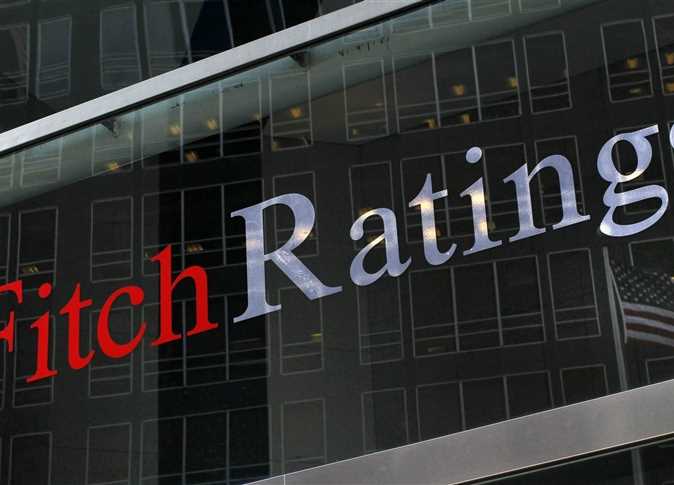A group of economists and business leaders speaking at a conference on Sunday affirmed that Egypt’s economy faces serious challenges but expressed optimism that a more democratic Egypt could lead to a strong economic recovery.
The conference, “Together Supporting Egypt’s Economy,” was organized by GlaxoSmithKline Consumer Healthcare (GSK CH), a London-based multinational pharmaceutical and healthcare company, to announce its initiative to expand investments in Egypt’s healthcare industry.
“The revolution had negative impact on Egypt’s economic sector with an estimated $3 to 4 million lost,” said Samir Makary, an economics professor at the American University in Cairo.
Egypt’s unemployment rate reached 26 percent in 2010 with a total of around 23 million people unemployed, according to Makary, who expects unemployment to remain stable for at least a year due to deteriorating investment conditions.
Despite these challenges, most speakers were optimistic.
“Egypt now is at political crossroads, so if the country passes through this critical phase, our economy will recover,” said Gamal al-Din al-Bayoumi, secretary general of the Arab Investors Union. Moreover, he said, the revolution might result in less corruption, which could encourage investment in Egypt.
Makary echoed this statement, saying Egypt’s “economic fundamentals could provide a solid and sustainable base for stronger growth in the future if we eliminate corruption and support democracy.”
Makary said that Egypt’s new government should implement policies that attract foreign investment, which he said is a key factor for achieving economic progress. Former President Hosni Mubarak’s government implemented a number of policies aimed at attracting foreign investment in recent years, though many Egyptians complained that little wealth has trickled down.
“We should adopt new strategies for the current situation, along with pursuing the old investment policies that had proved successful in achieving economic growth by 5.5 percent over the past years despite the global financial crisis,” Makary said.
“This indicates that Egypt comprises all required factors to realize economic development, but inequality in income distribution during the corrupt regime led to low wages and accordingly a low standard of living for the majority of Egyptians," he said.
Osama Saleh, chairman of the General Authority for Investment (GAFI), emphasized that he has taken steps to attract Arab and foreign investments and encourage investors to extend their business in various economic sectors by streamlining bureaucratic procedures and upgrading to a better investment climate. He said that since the revolution the GAFI abolished requirements for approval from the Interior Ministry for launching newspapers and satellite channels.
Makary said that in the coming years, the Egyptian government should elevate the tourism sector and the food, chemical and pharmaceutical industries in order to become an exporter.
GSK CH will invest LE500 million in Egypt over the next five years, and include building three new factories, launching new production lines and investing in skill development programs.
“The positive outlook that is widely shared during the conference makes me unwaveringly committed to the Egyptian market through tough times and confident about the decision of investing this amount of money in a country with a promising future,” said Ambati Venu, vice president and general manager of GSK CH in the Middle East.




